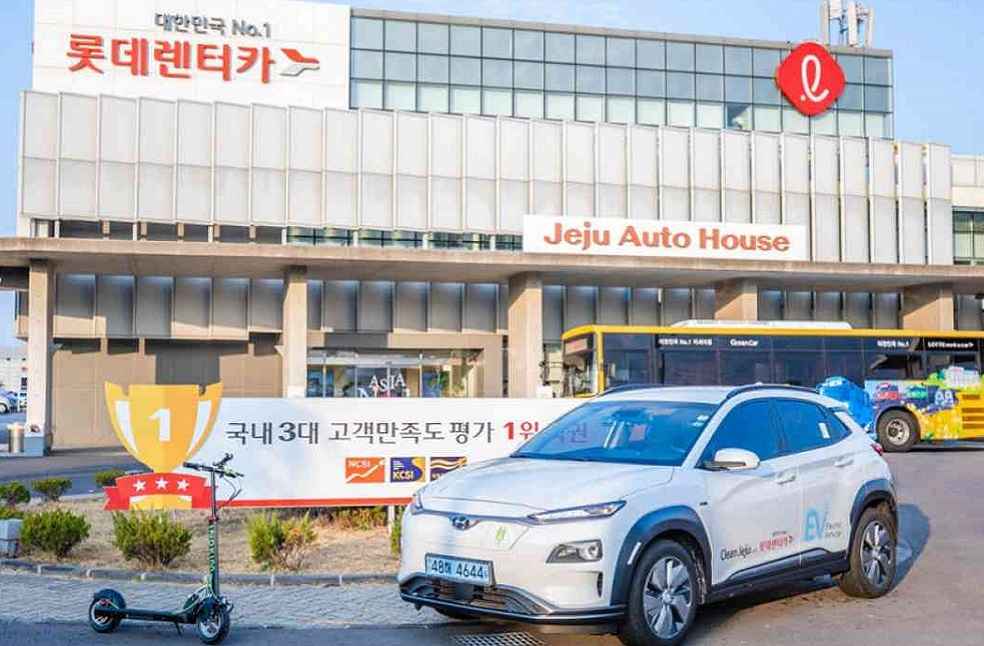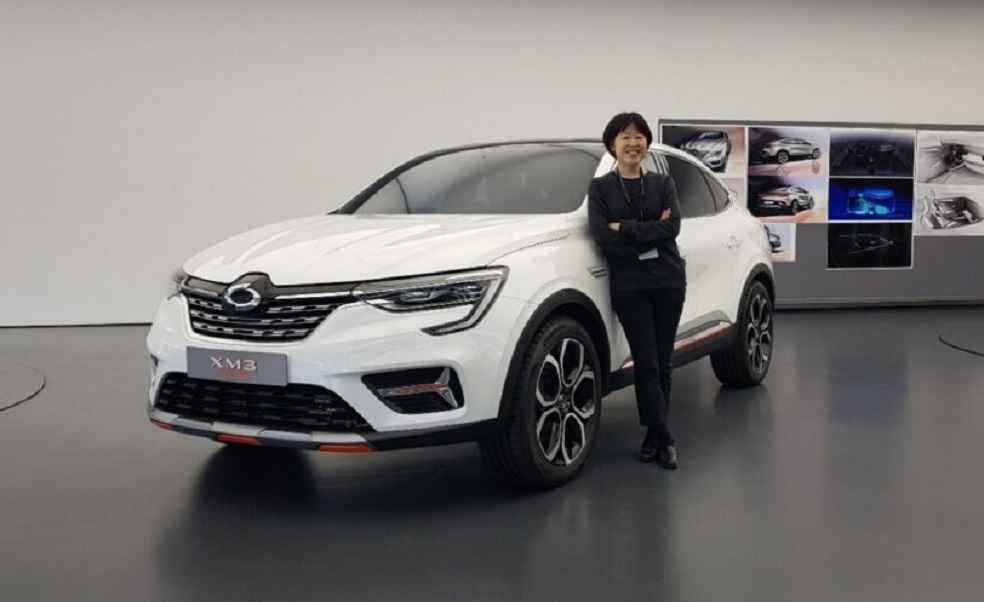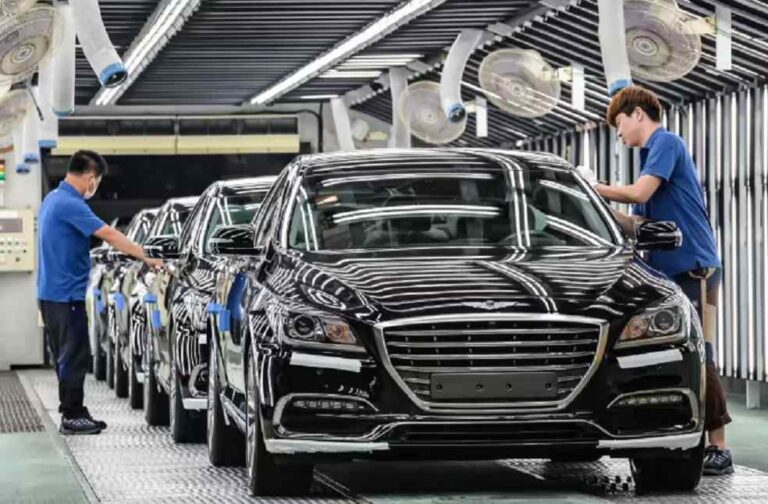The South Korean automobile industry is growing increasingly concerned following U.S. President Donald Trump’s recent imposition of tariffs on Canada, Mexico, and China, raising fears of a wider trade conflict.
According to The New York Times, thousands of companies across Asia and Europe, which have invested heavily in North American supply chains, now face major disruptions due to the new tariffs. The impact is expected to be particularly severe for South Korean automakers and parts suppliers operating in Canada and Mexico with a focus on U.S. exports.

Hyundai Motor Group is among the companies most at risk, as it operates a major manufacturing facility in Monterrey, Mexico. Kia, a Hyundai subsidiary, produced 253,000 vehicles in Mexico between January and November last year, with 128,000 of them exported to the U.S. The new tariffs threaten to increase costs and complicate operations for such manufacturers.
In response to the tariffs, Hyundai is reportedly exploring alternatives, including redirecting exports from Mexico to Canada, South America, or Europe or relocating production facilities to the U.S.

Trade analysts warn that South Korea could be the next target of U.S. tariffs, given its substantial trade surplus with the country. The U.S. is South Korea’s second-largest export destination, accounting for 18.7% of its total exports, with automobiles making up nearly half of that volume. Any additional trade barriers could have significant repercussions for South Korea’s export-driven economy.
GENERAL | Ford Recalls 150,000 Broncos Due to Rear Suspension Failure Risk





